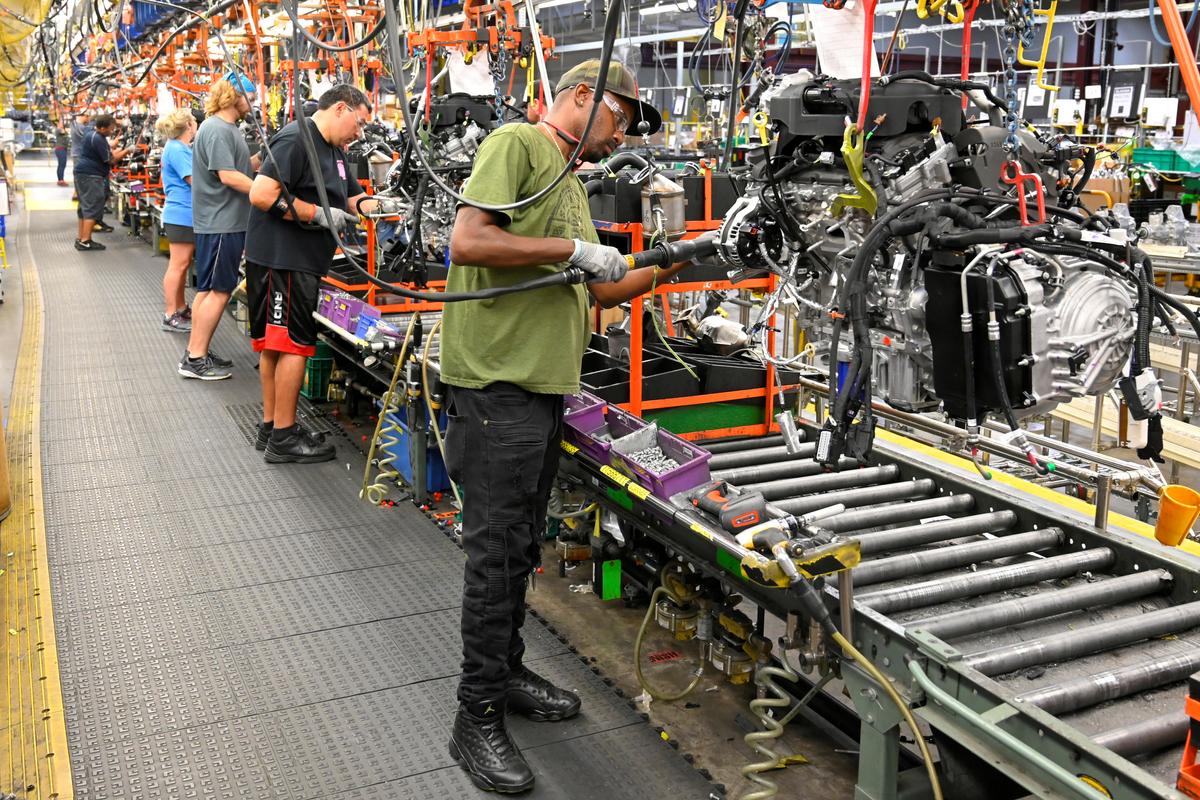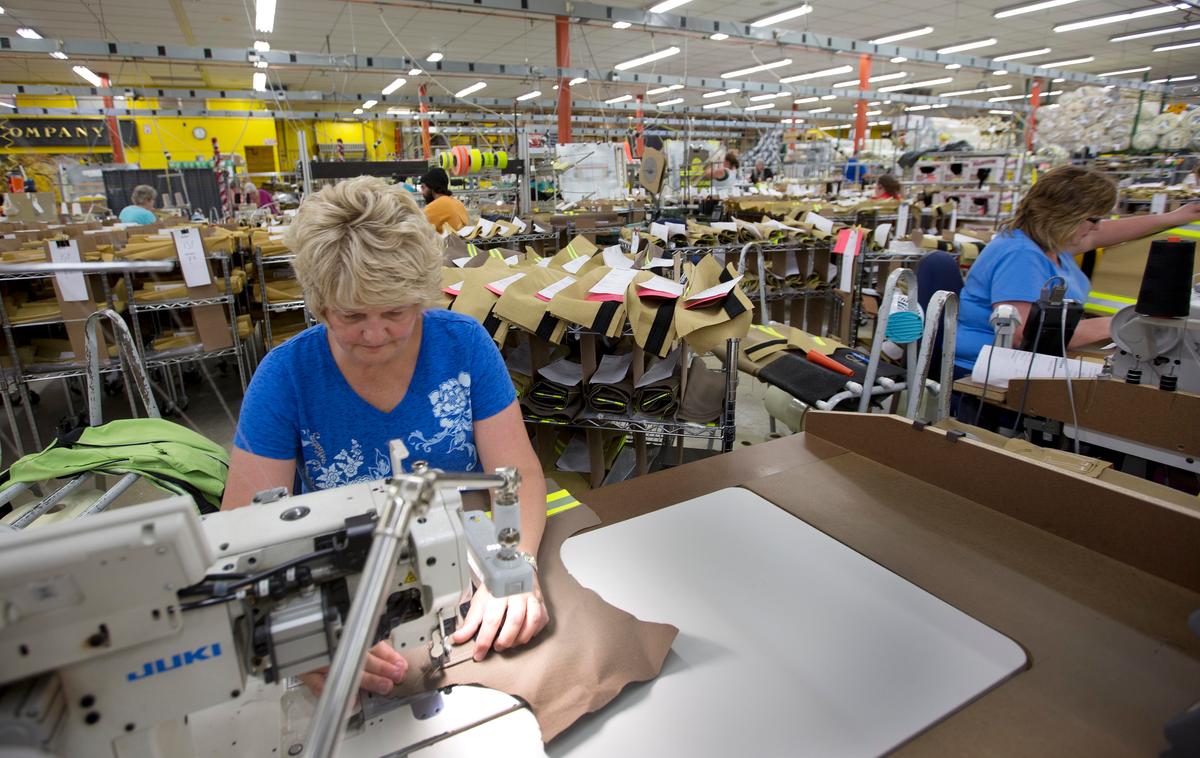Private sector companies in the United States expanded their business activity in January at the fastest rate in 10 months, according to a Purchasing Managers’ Index (PMI) report, with services driving all the growth while manufacturing came in muted.
“The recovery of growth momentum across the U.S. private sector continued to quicken at the start of 2020, with overall output rising at the sharpest pace since last March,” said Siân Jones, an economist at IHS Markit.

The overall business activity index (Flash U.S. Composite Output Index) rose to 53.1 in January from 52.7 in December, while the services measure (Flash U.S. Services Business Activity Index) rose from 52.8 to 53.2 in the same timeframe, the highest readings since March.
“Service providers also registered a slower upturn in new business, which fed through to softer increases in output charges as part of efforts to attract new customers,” Jones said.
The manufacturing output measure (Flash U.S. Manufacturing Output Index) remained flat between December and January, with a print of 52.4. The overall manufacturing measure (Flash U.S. Manufacturing PMI) came in at 51.7 in January compared to 52.4 in December, the lowest reading in 3 months.
Manufacturing firms noted a slower improvement in operating conditions, the ISM report said, with both domestic and foreign customer demand softening.
“The underlying data highlights a manufacturing sector that is not out of the woods yet, with goods producers seeing only modest gains in output and new orders,” Jones said.

Service sector sales strengthened for the third month in a row, the report said.
“The U.S. economy is increasingly a service-based economy and less manufacturing centric,” Greg McBride, chief financial analyst Bankrate.com, told The Epoch Times in an email.
“The solid underlying economic fundamentals—low unemployment, growth in jobs, income and consumer spending—are responsible for sustained economic growth. Further, service-sector firms are less susceptible to trade disputes and tariffs and have shown a robustness the manufacturing sector has not,” he said.
PMI in Europe
In a separate IHS Markit report for the Euro Area (pdf), manufacturing PMI grew to 47.8 in January from 46.3 in December, hitting a 9-month high.The eurozone PMI data “seems to confirm [European Central Bank President Christine] Lagarde’s remarks that the economic risks have become less pronounced so that’s a positive,” said Teeuwe Mevissen, senior eurozone market economist at Rabobank, in remarks to Reuters.
“The survey data indicate an encouraging start to 2020 for the UK economy,” said Chris Williamson, Chief Business Economist at IHS Markit, in the report. “Output grew at the fastest rate for sixteen months amid rising demand for both manufacturing and services, suggesting business is rebounding after declines seen late last year.”
“Intensifying political and economic uncertainty ahead of the general election has started to ease, encouraging more spending and helping push business expectations of future growth to its highest since mid-2015,” he said.
The British PMI reading bettered the Euro Area numbers for the first time since December 2018.






Friends Read Free